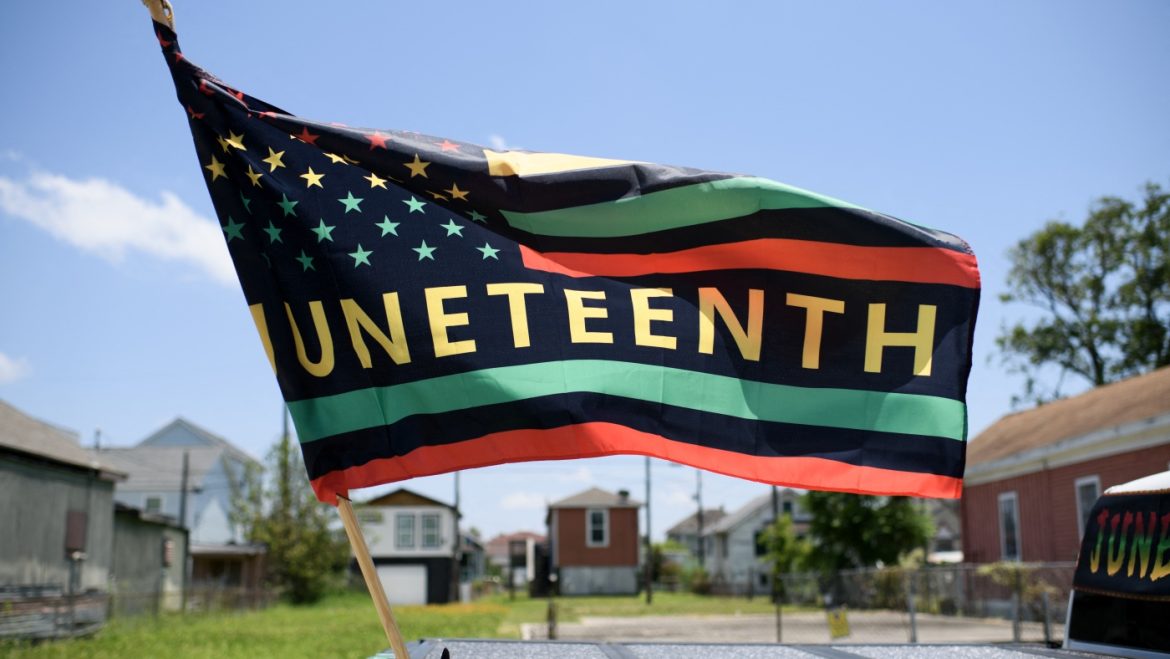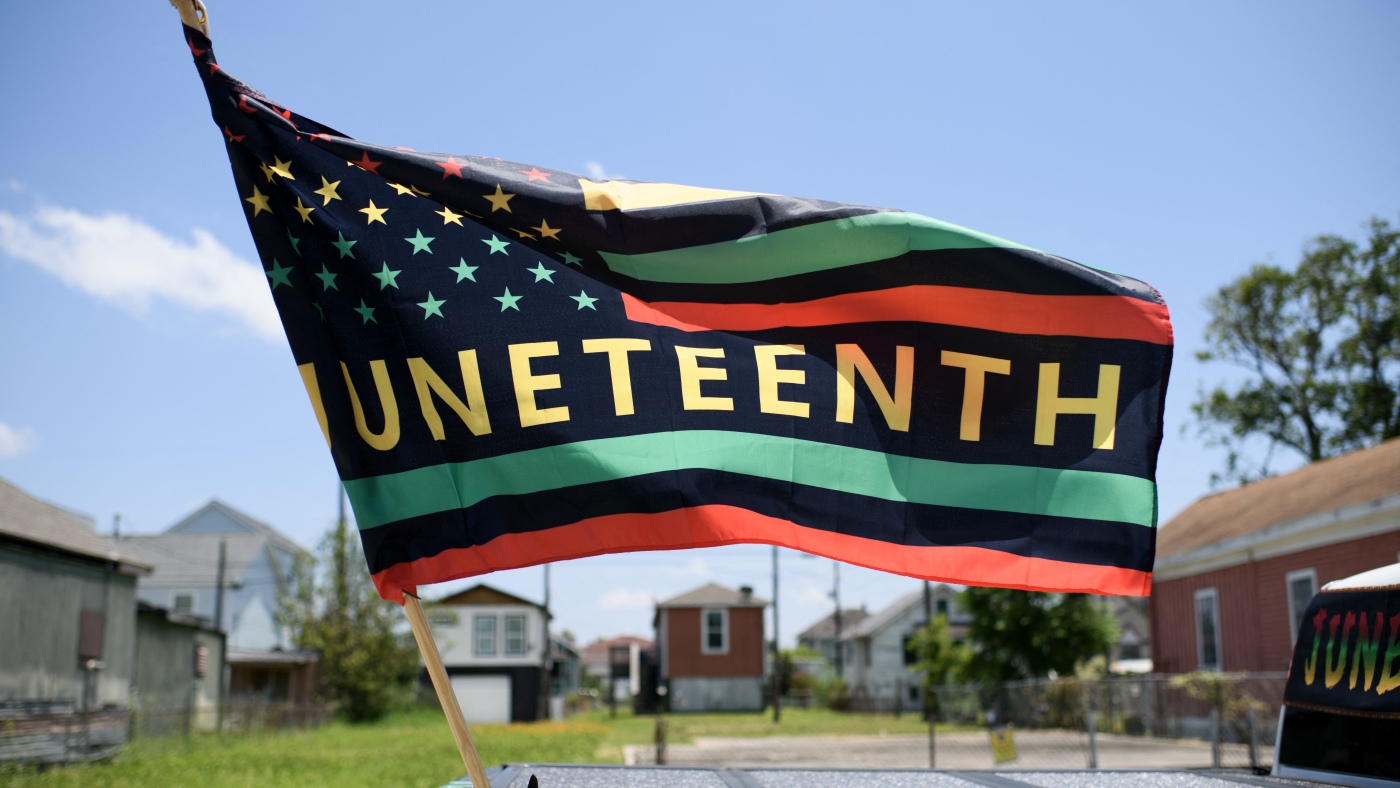Juneteenth: A Multifaceted Reflection on Freedom, History, and Community
Juneteenth, celebrated annually on June 19th, has evolved into a significant symbol marking the emancipation of enslaved African Americans. Originating from the day in 1865 when Union troops arrived in Galveston, Texas, to announce the end of slavery—two and a half years after the Emancipation Proclamation—Juneteenth embodies a complex intersection of history, memory, and ongoing social discourse. Exploring diverse perspectives on what Juneteenth means today reveals layers of personal, cultural, and political significance.
Understanding Juneteenth’s Historical Foundations
At its core, Juneteenth commemorates the cessation of one of America’s darkest chapters—the legal institution of slavery. The delay between the Emancipation Proclamation and its enforcement in Texas underscores the uneven liberation experienced by enslaved people across the nation, highlighting both the cruelty of the system and the resilience of those who endured it. This historical moment provides a vital opportunity to recognize the atrocities committed, honor the lives lost and shackled, and reflect on the long journey toward equality and justice.
Juneteenth as a Space for Acknowledgment and Healing
Many view Juneteenth as more than just a holiday; it is a time to actively acknowledge the painful legacy of slavery. As noted by contributors from various communities, it functions as a moment to honor ancestors whose lives were truncated by enslavement, while also celebrating survival and progress. This acknowledgment is vital for collective healing and for confronting the ongoing consequences of racial injustice embedded within American society. Juneteenth invites reflection on past harms and rekindles commitment to equity.
Celebration: Joy Amid Reflection
Juneteenth celebrations often combine solemn remembrance with joyful festivities, including cookouts, music, parades, and communal gatherings. Such activities echo traditions dating back to early celebrations that reunited families formerly separated by enslavement. The holiday thus serves a dual purpose: mourning and honoring the past, while also embracing community, resilience, and cultural pride. The joy expressed during these events is not merely festive but is intertwined with a profound recognition of freedom’s hard-won value.
Political and Civic Dimensions
Beyond personal and communal sentiments, Juneteenth carries powerful political significance. It acts as a catalyst for awareness and engagement with civic duties, emphasizing the importance of political participation, such as voter registration and advocacy for social justice policies. The holiday is a reminder that freedom includes active citizenship and that the struggle which began with emancipation continues in the form of political and social challenges faced by Black Americans today. Its evolving status—from regional observance to a federal holiday—reflects growing acknowledgment of these dimensions.
Contemporary Reflections on Commercialization and Inclusivity
Juneteenth’s recent surge in visibility has brought both celebration and critique. Increased commercialization—with merchandise and party supplies—has led some to question whether the holiday’s deeper meanings might be diluted. However, this heightened awareness also represents a broader cultural recognition of Black history’s importance within the national narrative. Thoughtful engagement with Juneteenth encourages reframing it not simply as a festive occasion but as a historical moment to be responsibly observed by all Americans, incorporating education and purposeful action.
Personal Connections and Diverse Experiences
Responses to the question “What does Juneteenth mean to you?” reveal a tapestry of personal stories and identities. For some, it is a deeply familial event, connecting past generations to present, while for others, it is a call to embrace freedom’s ongoing promise for all. These narratives underscore that Juneteenth’s meaning can be multifaceted—simultaneously a solemn reminder, a source of empowerment, and an occasion for widespread celebration.
Conclusion: Juneteenth as a Living Legacy
Juneteenth stands as a living legacy—one that invites continued reflection on the meaning of freedom, justice, and community in the United States. It is both a commemoration of emancipation and a call to action, reminding society to face its past honestly and to work collectively toward a more equitable future. The holiday’s growing recognition signals an opportunity: to embrace a fuller, more inclusive understanding of American history, to celebrate resilience and culture, and to reaffirm the ongoing struggle for freedom’s true realization. In doing so, Juneteenth embodies not just remembrance but renewal and hope.


